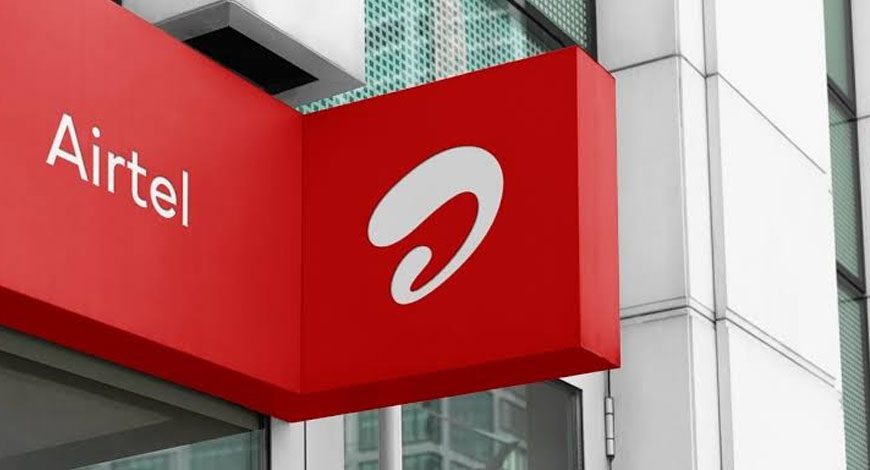
Airtel Africa’s customer base grows to 155.4m, as data usage up 25.1%
Airtel Africa has demonstrated resilience in the face of a challenging macroeconomic environment, leveraging strong fundamentals and focused execution to sustain its operational performance. The company’s recent trading update highlights several key achievements amidst economic headwinds.
Airtel Africa reported a notable 8.6 percent increase in its total customer base, reaching 155.4 million customers. The growth in data customers was particularly strong, rising by 13.4 percent to 64.4 million, with data usage per customer increasing by 25.1 percent to 6.2 GBs. Smartphone penetration also saw a healthy increase of 4.7 percent, now standing at 41.7 percent.
The company’s mobile money subscriber base expanded by 14.9 percent, underscoring its commitment to enhancing financial inclusion across its markets. Transaction values surged by 28.7 percent in constant currency, with an annualised transaction value amounting to $120 billion in reported currency.
Airtel Africa’s strategy of enhancing Average Revenue Per User (ARPU) yielded positive results, with data ARPU growing by 9.6 percent and mobile money ARPU increasing by 8.8 percent in constant currency, contributing to an overall ARPU growth of 9.3 percent year-over-year.
Customer experience remained a core focus, supported by significant network investments that expanded data capacity by 33 percent. The company deployed nearly 3,000 new sites and laid over 5,600 kilometres of fibre to bolster network coverage and capacity.
A comprehensive cost efficiency program was launched to streamline operations, optimise network utilisation, and introduce energy-saving initiatives, aimed at reducing costs while safeguarding future growth ambitions.
Despite currency devaluation challenges, Airtel Africa reported a 19.0 percent revenue growth in constant currency for Q1’25, driven by strong performances in Nigeria (33.4 percent growth) and East Africa (22.3 percent growth). However, reported currency revenues declined by 16.1 percent to $1,156 million due to currency fluctuations, particularly in Nigeria.
EBITDA margins contracted to 45.3 percent from 49.5 percent in Q1’24, primarily impacted by increased fuel prices across markets and currency devaluation effects, though constant currency EBITDA rose by 11.3 percent.
Profit after tax was $31 million, impacted by $80 million in exceptional derivative and foreign exchange losses, attributable to further depreciation of the Nigerian naira.
Airtel Africa’s capital expenditure totaled $147 million, slightly higher than the previous period, with a full-year guidance between $725 million and $750 million as part of ongoing investment plans.
The company achieved a significant milestone by eliminating HoldCo debt, with 86 percent of market debt now in local currency. Leverage increased slightly to 1.6x, attributed partly to lower reported currency EBITDA and increased lease liabilities.
A $100 million share buyback program continued, with $29 million spent on repurchasing 21 million shares by June 2024.
In June 2024, Airtel Africa published its Sustainability Report for 2024, reaffirming its commitment to sustainability goals and contributing to the UN SDGs.
CEO of Airtel Africa, Sunil Taldar, emphasised the company’s resilient revenue growth momentum and strategic focus on enhancing customer experience and operational efficiencies. He highlighted ongoing opportunities in enterprise, fibre, and data centre businesses across Africa, underpinned by a robust capital structure and margin improvement strategies.
Airtel Africa says it remains optimistic about growth prospects across its markets, despite prevailing economic challenges, aiming to capitalise on its strong market position and operational strengths in the telecommunications and mobile money sectors.




